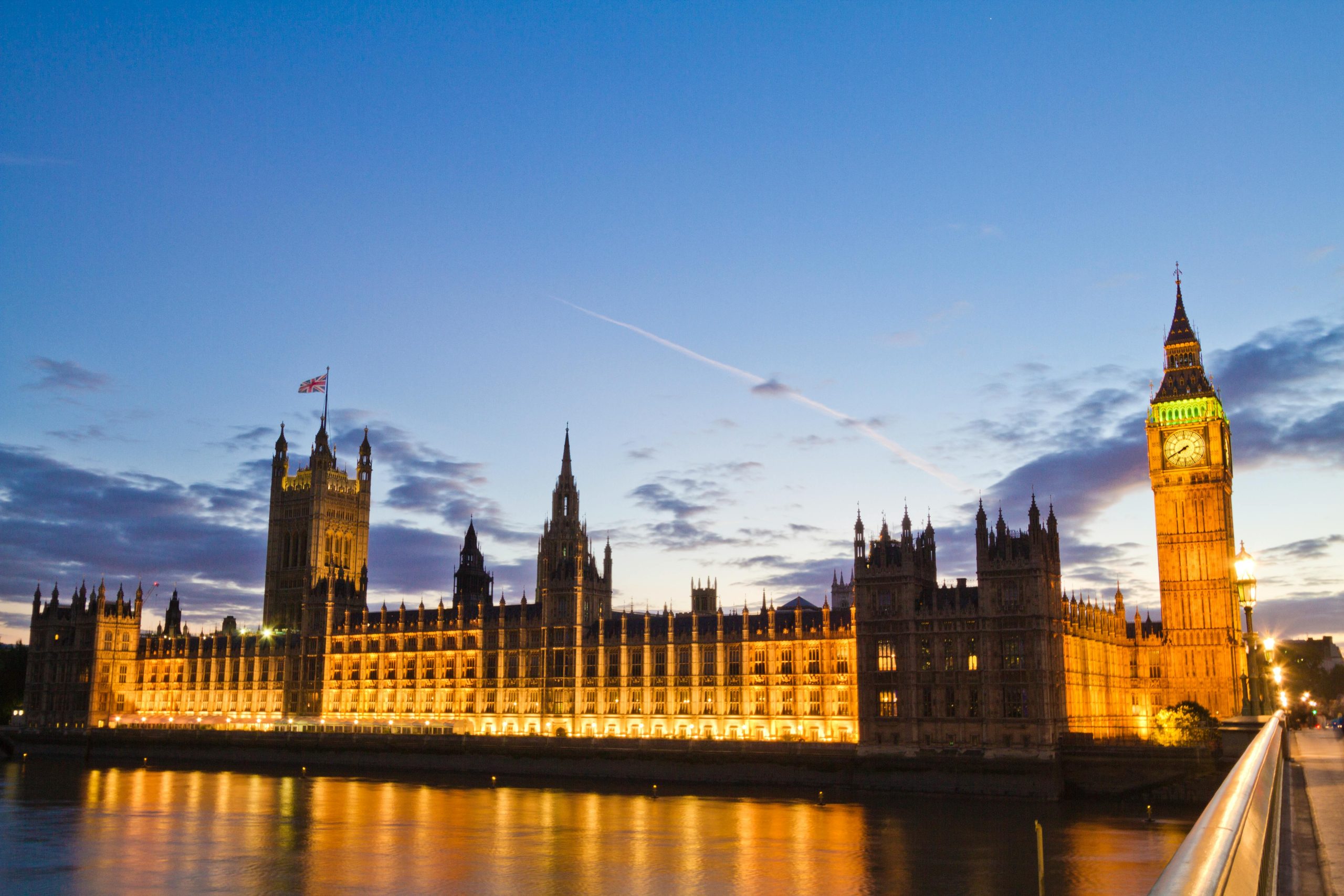Updates on PSLF Changes Following Perkins Executive Order
While this information isn’t specific to BL, I believe it’s important to highlight a recent development for those concerned about the Perkins and Covington Executive Orders. The administration has issued guidance stating that individuals employed at organizations with a “substantial illegal purpose” (a term that remains undefined) will no longer qualify for the Public Service Loan Forgiveness (PSLF) program. This appears to be a concerted effort to hinder lawyers’ ability to challenge the Trump administration, especially when combined with the recent biglaw executive orders.
For more details, check out the full report here: NPR Article.

2 Responses
It’s crucial to stay informed about the changes in Public Service Loan Forgiveness (PSLF) regulations, especially with the new guidance regarding eligibility for those working in organizations that engage in “activities with a substantial illegal purpose.” While the lack of a clear definition for what constitutes “substantial illegal purpose” raises concerns, it does appear to be a strategic move that could impact legal advocates and their ability to challenge the administration effectively.
This kind of directive can create an environment where lawyers may feel hesitant to take on certain cases or represent specific clients, potentially leading to a chilling effect on legal challenges to government actions. It raises broader questions about access to justice for those looking to contest policies or actions of the administration. The implications of these EOs warrant careful consideration, particularly for those in the legal profession and public service sectors. Keeping an eye on these developments is essential as they could have far-reaching effects on both the PSLF program and the broader landscape of legal advocacy.
Thank you for shedding light on the recent developments regarding the PSLF changes following the Perkins Executive Order. This shift raises significant concerns, particularly about what constitutes a “substantial illegal purpose,” which is quite nebulous and could be subject to arbitrary interpretations.
It’s crucial for those working in public service roles, especially legal practitioners seeking to hold the government accountable, to remain informed about these changes as they potentially undermine the fundamental aim of the PSLF program—encouraging public service work.
Additionally, this may lead to a chilling effect on legal professionals who might hesitate to engage in advocacy or litigation against governmental actions, fearing potential repercussions on their loan forgiveness status.
Advocacy groups and educational institutions should take a proactive approach by educating their members on these changes and providing resources to navigate the complex landscape that lies ahead. It might also be beneficial for those in the legal field to engage in discussions with policymakers to seek clarification and push for more equitable criteria that uphold the integrity of the PSLF program.
What are your thoughts on how we might collectively address these potential barriers to public service?